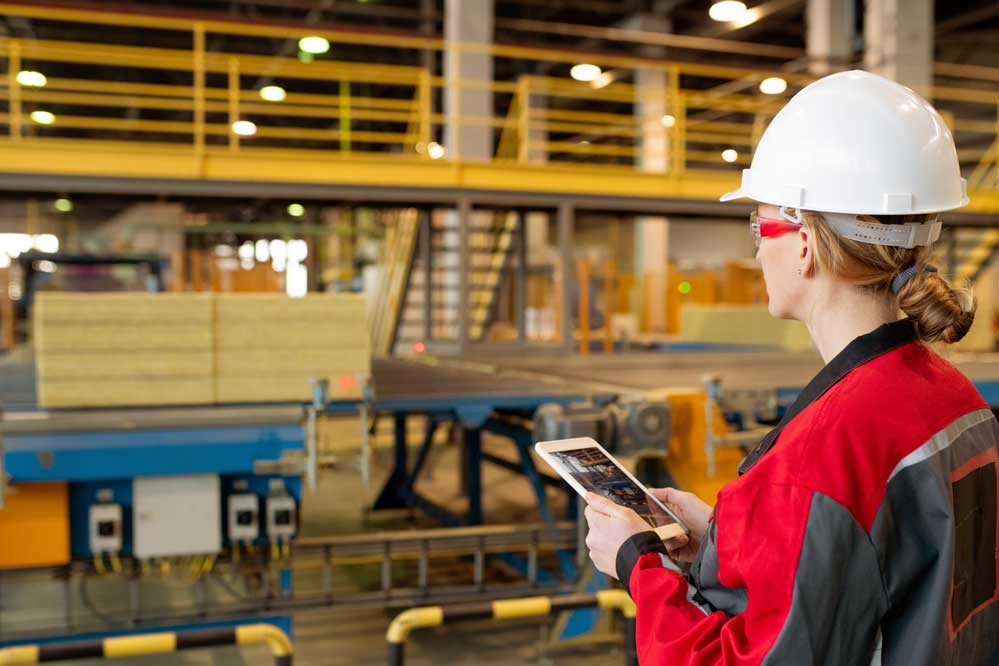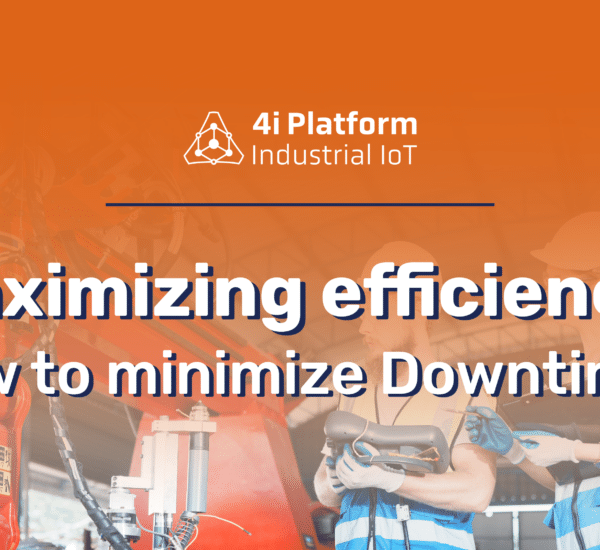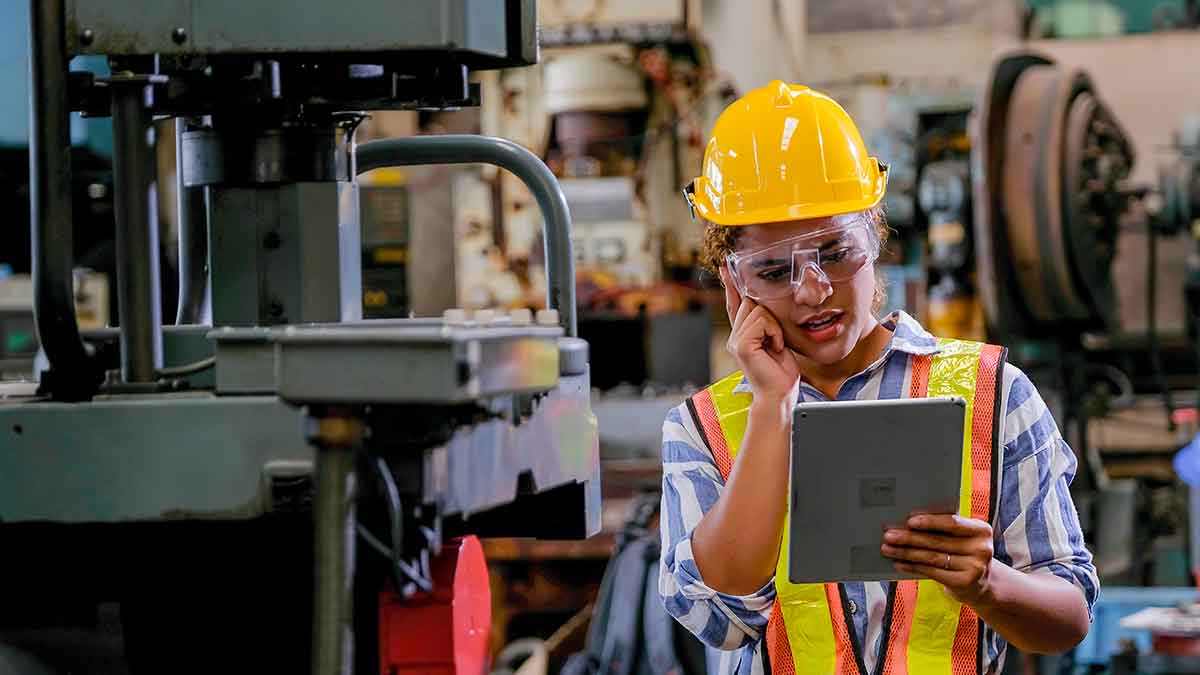A lot of blogs have been written about the Internet of Things (IoT), and how it will affect nearly every industry worldwide, from transportation to retail. The IoT will revolutionize the retail supply chain, both in terms of operational efficiency and revenue opportunities.
The supply chain is more than just a way for you to track your product. It is also about the way you get an edge over your competitors by creating your brand.
This article will mainly focus on the many areas that will see the most progress and change from the Industrial IIoT.
IoT for Retail Stores
With IoT, it is possible to combine RFID-tagged products with closed-circuit TV cameras to monitor customer behavior and movement. A connected store can track how customers move from one aisle to the next, which could provide insight into buying habits.
Retailers can use information about buying behavior to offer user-specific deals, plan dynamic pricing and streamline operations.
Retail stores can use face recognition to target advertising even if a person does not have an electronic device.
The retail supply chain is growing thanks to IoT. Arranging stock and staff most efficiently, shopper-centric data can streamline retail operations.
Transport and Logistics using IoT
IoT solutions are being implemented by retailers who face difficult logistics issues. Retailers now can track goods as they move from warehouses to delivery.
Temperature, humidity, and other factors can be continuously monitored in the warehouse for perishable items such as pharmaceuticals.
Companies need all the data and documentation, even more, if it is about damaged goods. It includes details about the time and place of the damage. This strengthens accountability within IoT and retail.
DHL and Cargotec are two of the logistics companies that use IoT to track their operations and save costs.
It also allows you to track your trucks and predict the demand for certain goods in your warehouses. This helps you keep up with online sales’ ever-changing landscape.
Even the smallest changes to warehouse management can save or cost a company millions, even more for the retail supply chain.
IoT and Retail Supply Chain Operations
The Internet of Things has plenty of benefits for companies, it is helping to improve the stockpiles in the huge warehouses that retail giants keep in their inventory.
Floor workers are finding it difficult to find products and return them for predelivery due to the large warehouses.
The IoT allows for a connected warehouse equipped with shelves sensors. An IoT platform can signal an autonomous robotic cart to collect goods and bring them back to the shipping area.
This technology reduces manual labor and increases transparency in operations. These sensors get signals when the inventory reaches a certain level. This prevents retailers from running out of stock, which is a common problem.
RFID tags and sensors can assist with inventory accounting. This helps to improve stocking and thus increase profits. Besides, allows retailers to make customer-centric decisions and enhance the customer experience.
IoT and retail are the answer to be more effective as the volume of consumer data generated grows.
Retailers can get a better understanding of the products that consumers want, and those that are not currently available on the market. This data allows them to approach manufacturers with unique product ideas that will give them a competitive advantage and strengthen customer loyalty.
The retail supply chain is increasingly moving towards IoT advances and implementing IoT solutions. Walmart, for example, has filed a patent to include a self-driving car on its floors to improve efficiency.





